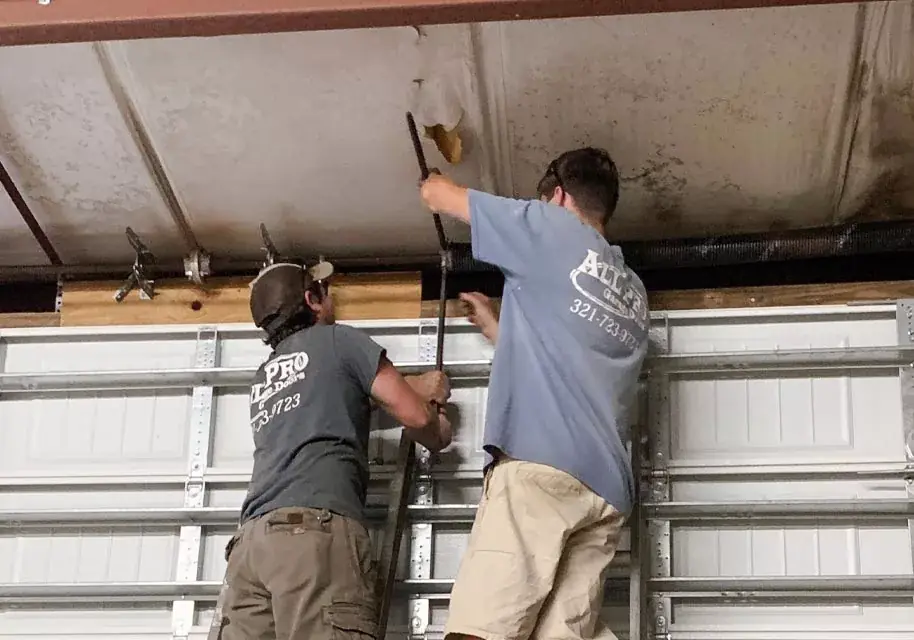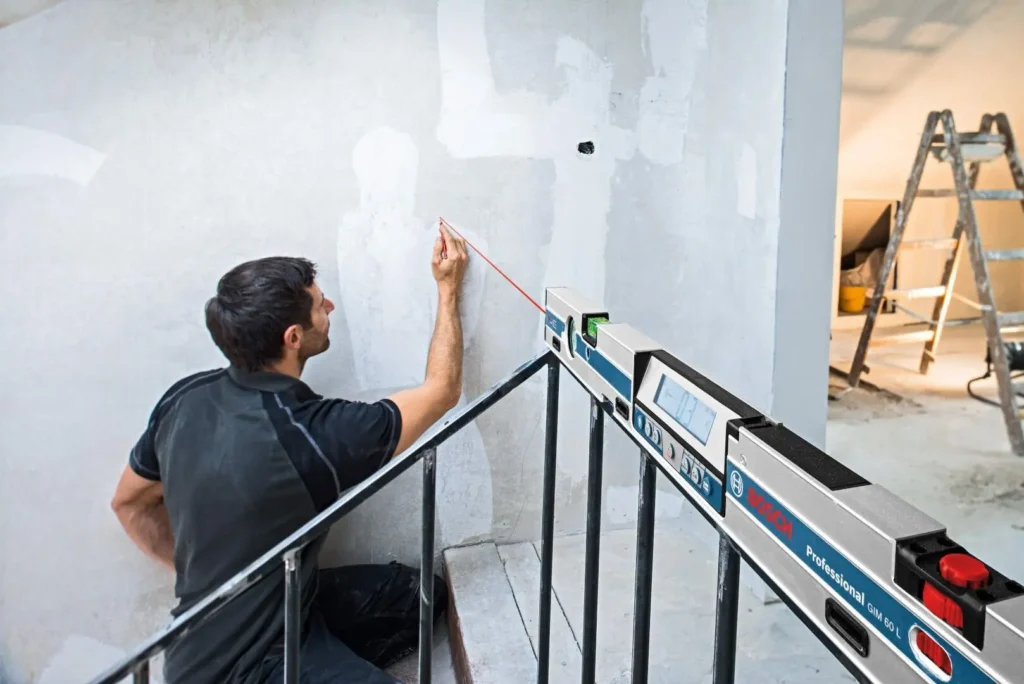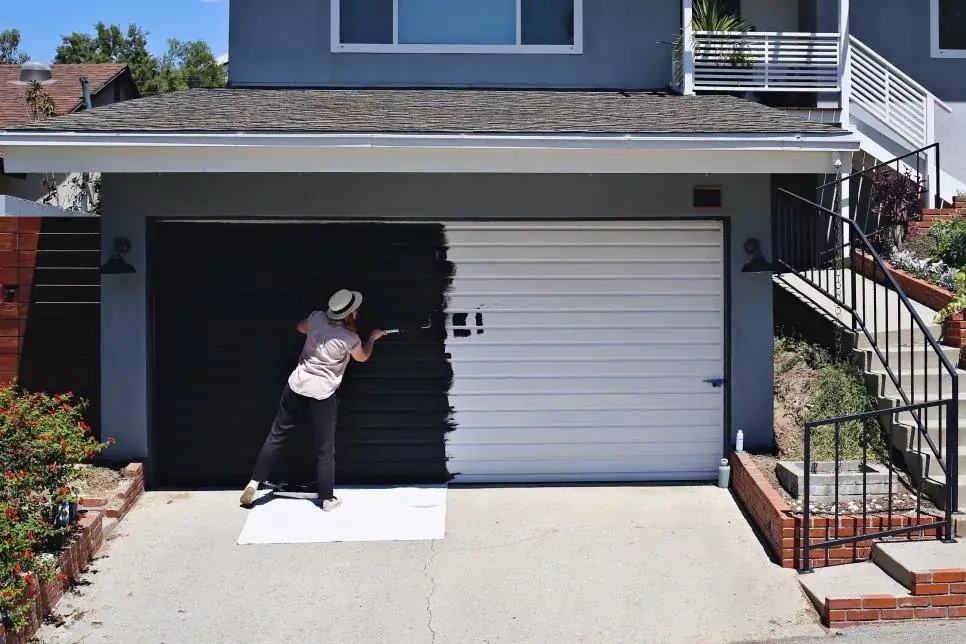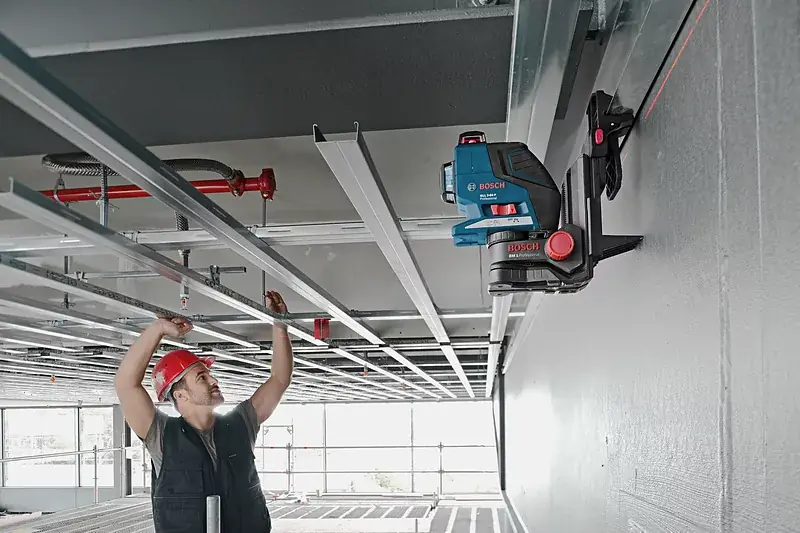Garage door batteries are important for keeping your garage door opener working well. Many smart and remote-controlled openers depend on battery power. They use it as their main source or as backup when there is a power cut.
With time, these batteries can face issues that cut short their battery life and may lead to problems in operation. By knowing the usual battery problems and how to fix them, you can keep everything running smoothly and avoid surprises.
In this blog, we will look at the top five common garage door battery problems and the solutions you can use.
Key Takeaways
- Batteries play a critical role in ensuring the smooth operation of garage door openers.
- Common issues include corrosion, misalignment, weather impacts, and electrical problems.
- Identifying symptoms early can prevent costly repairs or replacements.
- Regular maintenance and proper installation improve battery performance and longevity.
- Popular battery choices for garage doors include lithium, alkaline, and specialty backup types.
- DIY solutions, such as easy replacements and troubleshooting, can save time and money.
Identifying Common Garage Door Battery Issues

Noticing garage door battery problems early can stop issues with operation. Bad batteries might show up as your garage door moving unevenly or not responding at all to remote controls. These problems often happen because of the wrong use, old batteries, or outside conditions affecting the device.
Watching how your garage door opener works is important. If you notice slower responses or see alerts about battery problems, act quickly. Fixing these issues early can help you resolve them before they get worse and need more parts.
1. Symptoms of a Failing Garage Door Battery
Spotting signs of a failing garage door battery is easy if you know what to look for. The door opener might suddenly have delays or not work at all. This often means the battery life is getting lower.
Another sign is inconsistent operation. The garage door may work only sometimes or stop moving while opening. Lower battery life can also trigger alerts. These can be lights blinking on the garage system or warning sounds.
You should also notice less obvious signs, like the door taking longer to activate or the remote not responding well. These small issues often mean there are battery problems. Regular checks and replacements keep the battery efficient. This will help the garage door work smoothly.
2. The Impact of Weather on Garage Door Batteries

Weather conditions can have a big impact on garage door battery power. In cold weather, battery performance often drops because low temperatures make it hard for the battery to hold a charge. In very harsh winter conditions, batteries might fail completely, making remote-operated systems unreliable.
Extreme heat can also shorten battery life. High temperatures can speed up wear inside the battery and might even cause swelling or leaking. It’s important to keep batteries within the right temperature range to help them last longer.
Humidity and moisture can be overlooked, but they can harm battery health too. Corrosion and water getting into the battery from wet conditions can cause serious damage and lower performance.
To reduce these weather issues, it’s important to store batteries properly, check them often, and manage their environment.
Top 5 Garage Door Battery Problems and Solutions

Several issues can plague garage door batteries, leading to performance difficulties. One common problem is corrosion and leakage, with damaged terminals causing erratic operation.
Ensuring proper battery type implementation, like a reliable 12V model, often resolves this. Another possible issue is battery disconnection or misalignment, which may hinder the connection between the garage door opener and its battery. Ensuring a secure installation can mitigate this.
Old or expired batteries also significantly reduce effectiveness; routinely checking their lifespan ensures reliable performance. Electrical issues may further complicate matters, requiring professional evaluation.
Lastly, incorrect battery installations can cause malfunctions. Adhering to product literature for specific battery types ensures optimal functioning, allowing you to enjoy a fully operational garage door again.
3. Battery Corrosion and Leakage
Battery corrosion and leaks happen when moisture gets to them or when they sit unused for a long time. Corrosion shows up as a white powder around the battery terminal. Leakage means that liquid comes out of the battery. Both problems lower battery performance and can harm other parts.
Check the battery terminals often for corrosion. If you find any, clean it with a brush and a mix of baking soda and water. If you see leakage, throw away the damaged battery safely and get a new one right away.
To stop future corrosion, keep batteries in dry places with stable temperatures. Using batteries regularly, instead of letting them sit, helps prevent leaks too. Taking care of your batteries regularly can help keep them healthy and save money on repairs in the long run.
4. Battery Disconnection or Misalignment

Disconnection or misalignment in garage door batteries can cause the door opener to stop working completely. Loose connections between the battery’s terminals and the hardware block power flow, which disrupts the system. Misalignment can happen during installation or from vibrations over time.
To troubleshoot these problems, start by checking the battery’s position. Make sure the terminals are connected securely and aligned according to the manufacturer’s guidelines. If any wires are loose or disconnected, reconnect them firmly.
To prevent misalignment later on, always follow the installation instructions and check that the battery type is correct for the equipment.
Regularly inspecting the wiring and terminal connections will help stop accidental issues. Quickly fixing any misalignment can keep the door opener functioning smoothly without interruptions.
5. Old or Expired Batteries
Over time, garage door batteries can work less well. An old or expired battery can’t give steady power. This leads to the garage door opener having issues or not working at all.
When batteries are near the end of their life, you might notice some signs. These signs include getting alerts from the opener often, slower performance, and shorter battery backup times.
Think about getting a new battery when you see these signs. Specially made batteries for garage door openers are usually the best choice for replacement.
Always check the battery’s expiration date and keep an eye on how old it is. This helps you change it on time. Choose high-quality batteries that last longer to cut down how often you need to replace them. Regular care and monitor of the battery’s age can help your garage door opener work its best.
6. Electrical Issues Affecting Battery Performance

Electrical problems, like power surges or bad wiring, can hurt the battery life of your garage door. Power surges can drain the battery. Bad wiring can interrupt how the battery charges or gets power.
Check the wiring for any visible damage or wear. Loose wires should be tightened or replaced to avoid problems. Another issue is changing voltage, which can lead to the battery not charging well. Getting a surge protector can help remove this danger.
Doing regular maintenance helps keep the wiring in good shape and the batteries charging properly. Fixing electrical issues quickly can stop big problems and help the battery last longer. Hiring professionals to install everything properly reduces the chances of electrical problems.
7. Incorrect Battery Installation
Incorrect battery installation can lead to weak power or no power from the garage door opener. Using the wrong battery type or placing the terminals wrong can stop the system from working.
When you install batteries, make sure you use the proper battery type that the manufacturer suggests. Line up the terminals the right way. Check the positive and negative signs before you secure them. If batteries are not installed correctly, they might not fit well, which can cause more problems.
To avoid mistakes while installing, carefully follow the instruction guide. Check the battery placement again before you turn on the system. Regular checks will help ensure the batteries are in the right position and connected properly. A good installation helps the power delivery work smoothly and reduces long-term issues for your garage door opener.
Conclusion
Knowing common garage door battery problems is important for keeping your garage door opener running well. If you notice signs early, see how the environment affects it, and know about possible issues like battery corrosion or misalignment, you can help your system work smoothly.
Regular care, replacing things on time, and installing correctly are crucial to making your garage door battery last longer. Don’t hesitate to ask a professional if you have questions about your garage door battery or how it works.
Making sure your garage door works right not only makes life easier but also boosts the safety and security of your home.
Frequently Asked Questions
1. How often should I replace my garage door battery?
Garage door batteries usually need to be replaced every 2 to 3 years. This depends on how often you use them and the type of battery. Keep an eye on the battery life and replace it with a new battery when necessary. Checking for any signs of wear helps keep the backup working well.
2. What kind of battery is in a garage door opener?
Garage door openers usually need special batteries. These can be lithium-ion or alkaline, which help with backup functions. The type of battery you need depends on the model you have. Big brands like Chamberlain and LiftMaster often require 12-volt or button cell batteries.
3. What kind of battery does a garage door code take?
Garage door codes usually use small button cell batteries, like lithium or CR2032 types. These batteries are perfect for small remotes. They give a steady power source and keep them easy to carry. A voltage of 12 volts helps them last longer.
4. Can you replace a garage door battery?
Yes, changing a garage door battery is simple. Many systems are designed for DIY replacements, making it easy. Just buy the right batteries, follow the instructions for your device, and you will enjoy smooth operation with good backup.
5. Do garage doors run on a battery?
Garage doors mostly use electric power. However, many models also have battery power as a backup choice. This means the door opener works well even during power cuts or other problems.
6. How do I know if my garage door battery is bad?
Symptoms that a battery is bad include not working well, taking longer to activate, or not responding at all from the door opener. Warnings on the system display usually show there are battery problems. You can easily check the battery to see if it needs to be replaced.
7. Does anyone know what batteries this needs?
Garage door systems usually need special replacement batteries. These can be lithium-ion, alkaline, or button cell types. To make sure you buy the right battery for the best performance, check the user manual or look at the manufacturer’s recommendations.
8. Do garage door openers run on batteries?
Yes, garage door openers can work with batteries. They can use them for regular operation or as a backup. Some models have a built-in battery to help them run better during power outages or when the power is low.
9. Are garage door opener batteries rechargeable?
Some garage door opener batteries, like lithium-ion ones, can be recharged and used for a long time. Using rechargeable options saves money and provides a reliable backup for modern garage door systems.

